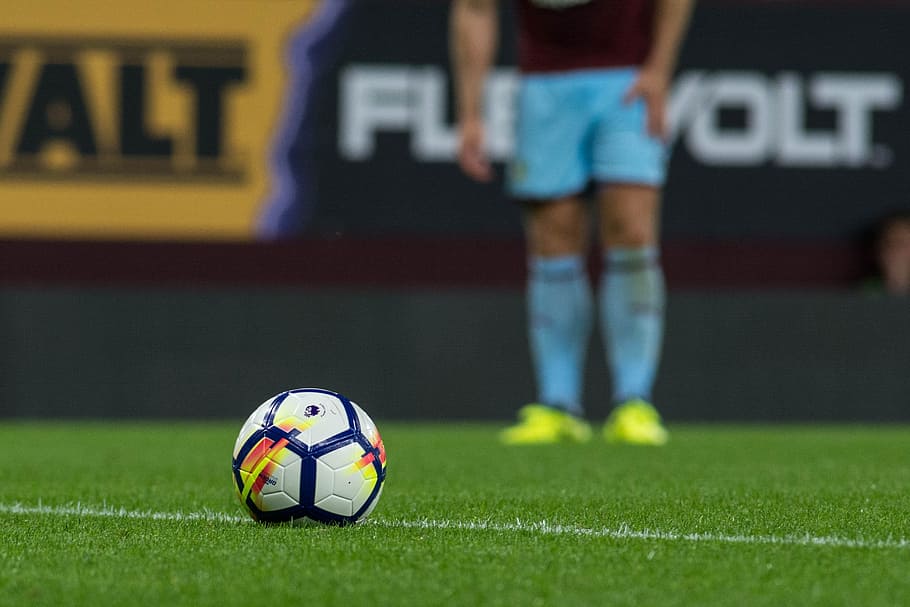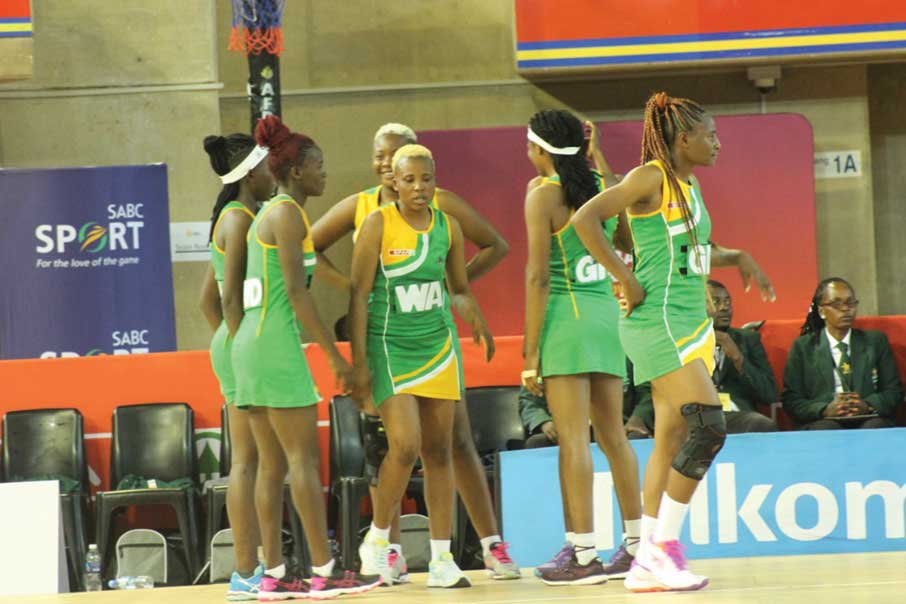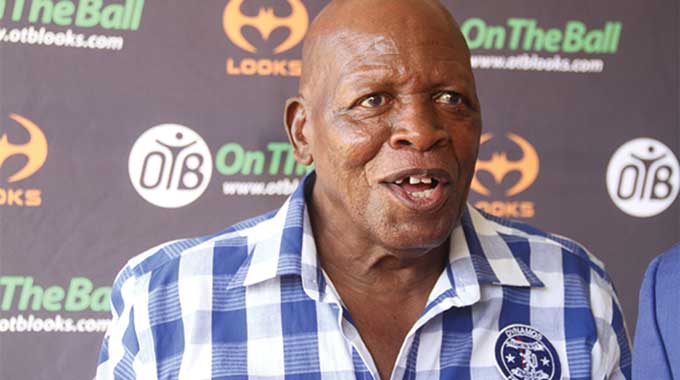
with Tim Middleton
In March 1966 the British rock band The Who recorded a single entitled, Substitute, reaching number five in the UK pop charts with lyrics that included: But I’m a substitute for another guy. I look pretty tall but my heels are high. The simple things you see are all complicated. I look pretty young, but I’m just back-dated, yeah.
They are pretty old now but are still not outdated.
It is interesting that just over six months earlier (in August 1965) Keith Peacock of Charlton Athletic became the first substitute ever to be used in the English Football League.
Previously, if a player was injured, he had to play on or the team would play with fewer players, with the most dramatic example being Bert Trautmann who played the final seventeen minutes of the 1956 FA Cup Final, making several vital saves to help Manchester City maintain their lead, all with a broken neck!
Nine years later, one player could be substituted per match but only for an injury.
A few years later substitutes were allowed for tactical reasons (as managers were getting players to feign injury).
Over the years the number of substitutions has been increased, with five currently being permitted.
- Chamisa under fire over US$120K donation
- Mavhunga puts DeMbare into Chibuku quarterfinals
- Pension funds bet on Cabora Bassa oilfields
- Councils defy govt fire tender directive
Keep Reading
Other sports have followed a similar line regarding substitutions. The first official substitute in rugby was Mike Gibson during the British Lions’ first Test against South Africa in 1968 with up to eight substitutes being allowed now, not simply for injuries.
Hockey followed suit with two substitutes being allowed from 1973 onwards, until the current situation whereby any of the six (‘rolling’) substitutes can come on and off the field as many times as desired. Times, and rules, have changed.
It is of further interest that in many sports now these substitutes are actually called ‘impact players’; Eddie Jones, the English rugby coach has labelled them ‘finishers’, with them even classified as that in the match programme in 2017.
Jamie George, the reserve hooker at that time was quoted as saying: “We don’t ever see ourselves as ‘the bench’.
Everyone on the bench would love to be starting, but we are all of the mindset that we’ve got to make sure that we have an impact on the game.”
Some critics believed it was simply a clever means of making the substitutes not feel any less inferior than the starting players, emphasising that they have an important role to play.
Often substitutes have felt they were seen to be sub-standard, especially if they were not called upon to play any of the match.
Recently Sir Alex Ferguson was reported to declare that “every team should start with their best players” and not leave them on the bench to come on to the field when the opponents were tired.
The role of substitutes is constantly debated.
The debate continues, however, as recently many high-profile figures in rugby have actually called for the decrease in the number of substitutes in rugby, even going so far as to say that lives could be lost if the number is not reduced, the reason being that fresh, fit, strong players are now being introduced to take on tiring players.
Rather than prevent injuries, substitutes may cause them.
There are vital lessons here that coaches and parents must pass on to their children.
There are no substitutes for us in life. We are not specialist starters or specialist finishers in life; we all must start and we all must finish.
Moreover, we are all here to make an impact, not just on the sports field but also in life. We are all to make an impact, to leave a mark, to cause change and to bring in good.
The challenge is even greater for coaches. The greatest impact a coach can have on a team, on a school, on society, is to enable his players to make an impact, not simply on the sports field but in life.
The impact we have is not to be measured in whether we have an unbeaten team but whether the youngsters we develop continue with sport, because they love it, and have a rounded character.
As the All Blacks have the mantra that they will leave the jersey in a better place, that they will leave the changing room in a better state than it was when they went into it, so we must leave our players as better people. That is the greatest impact we can make, the greatest legacy we can leave.
It is not complicated and there is no debate; we do not even need to make a song and dance about it. There is no substitute for making an impact.
We have to play through the pain and even an injured player can have an impact. Who says so? That is right, the Who, indeed!
- Tim Middleton is a former international hockey player and headmaster, currently serving as the Executive Director of the Association of Trust Schools Email: [email protected]










